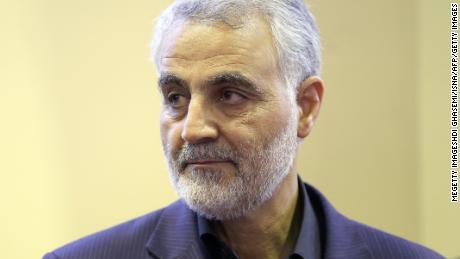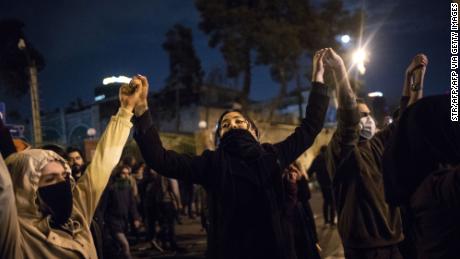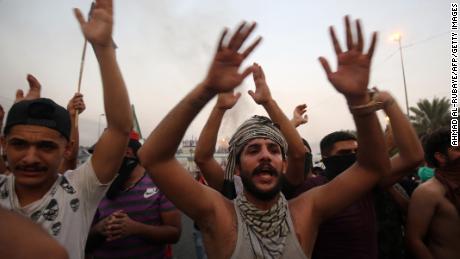Officials in Iraq's parliament, where powerful blocs have unbreakable ties to Tehran, started a process to end the presence of foreign troops in the country, in a clear riposte to the US after it killed top Iranian commander Qasm Soleimani in a drone strike in Baghdad two weeks ago.In the wake of the strike, joint US-Iraqi operations against ISIS were put on hold, and Iraq's caretaker prime minister said a US troop withdrawal was the only way to "protect all those on Iraqi soil," though this week he said that decision would be up to the next government. But a US withdrawal could bring even more trouble, experts say. ISIS continues its attacks in the country, and without US and other foreign troops, the group would have more room to resurge. At the same time, Iran will be able to expand its already far-reaching powers in Baghdad. Tehran and Washington have competed for influence in Iraq since the US 2003 invasion, and in that battle, Iran is already winning. Its consistent and coherent strategy, which the US lacks, has allowed Tehran to gradually weave itself into the fabric of everyday life in Iraq. It has capitalized on years of war and occupation to form militia groups that have become official factions of the Iraqi military, while economically, it provides an enormous amount of exports that Iraqis have come to rely on. It has made surrogates out of senior Iraqi government officials and members of parliament. Because of those links, the Iraqi parliament's decision to side with Iran after the attack on Soleimani is not surprising. The strike appears to have backfired, to the benefit of Iran's long-term goal: getting the US out of the region."Iran is the most influential state in Iraq now," said Fawaz Gerges, a professor of international relations at the London School of Economics and Political Science. "That power is only going to grow if the US leaves."
How Iran got a hold on Iraq
Much of Iran's power in Iraq comes through militia groups that have roots in the 1980s Iraq-Iran war. Recruiting fighters from Iraq wasn't that difficult. Iraq was a Shia-majority nation led for more than two decades by brutal dictator Saddam Hussein, born a Sunni. Iran, which has long pitched itself as the world's leader of Shia Muslims, took in Shia prisoners of war and refugees, and turned them into soldiers who would go back to Iraq to act in Tehran's interests, according to the Center for Strategic and International Studies. Some became part of what is now known as the Badr Organization, the report said, both a militia group and an anti-US political party in Iraq today. 
Trump sends mixed messages
As Iran made steady headway in the Iraqi government and military, the US' objective in Iraq has changed so many times that it's become muddy and unfocused. Iraqi officials are growing weary of the changes that have come with each new US president, and the mixed signals being sent by the Trump administration.Pompeo is struggling to send the message that the US is in Iraq to fight ISIS, while strikes on Iranians there and comments from Trump indicate otherwise. Last year, Trump admitted in an interview with CBS News that he wanted to keep a base in Iraq Read More – Source




